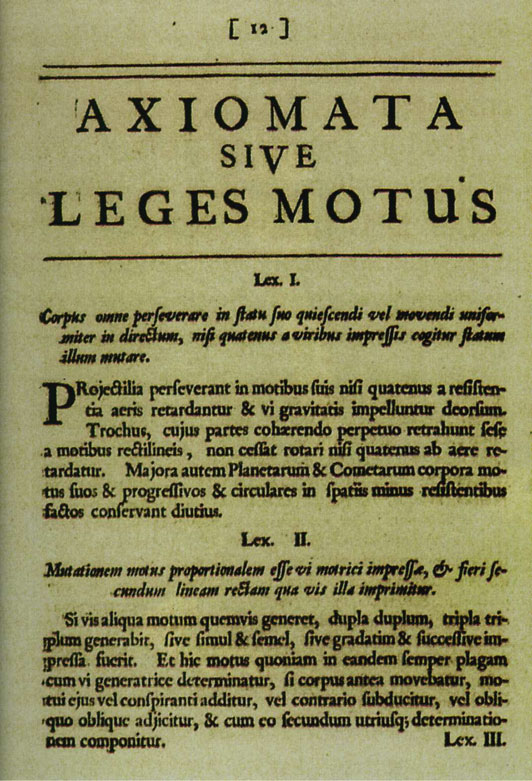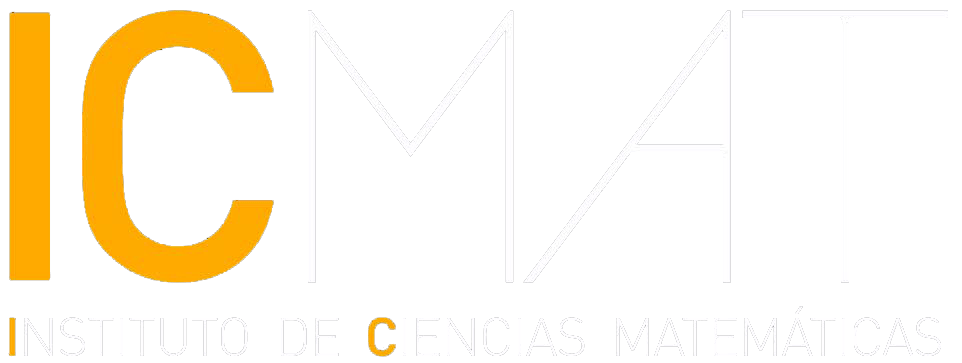
The translation of Newton’s ‘Principia’ from the original Latin into French and English was key to its impact
Today, 16 July 2024, at 17:30, ICMAT and the International Commission for the History of Mathematics (CIHM) organise ‘Translating European Mathematics’, a round table that takes place as part of the European Congress of Mathematics (9ECM). Mathematicians and historians will debate the past and present role of translation in mathematics: between different languages, but also between different cultural and professional contexts.
Ágata Timón García-Longoria (ICMAT)
It is common to hear statements about mathematics describing it as a universal language, transcending all cultural boundaries, which everyone can understand and use, regardless of culture, religion, sexuality, ethnicity or gender. Is this true, however, in the context of the diversity of languages and practices within Europe? This is the starting point for the round table discussion taking place today, 16 July 2024, at 17:30, as part of the European Mathematics Congress in Seville.
‘Translating European Mathematics’, organised by ICMAT and the International Commission for the History of Mathematics (CIHM), will address the topic with the expert voices of Norbert Schappacher (Institut de Recherche Mathématique Avancée, Strasbourg, France) ─chair of the session─, June Barrow Green (The Open University and The London School of Economics, UK) ─ president of the CIHM─, Frances Goldman (University of Glasgow, UK) ─ English editor at the London Mathematical Society of Russian translation journals─ and François Lê (University of Lyon, France) ─member of the translation project ‘The Brill-Noether report on the theory of algebraic functions (1894): translation and analysis project’.
This large group of historians and mathematicians will discuss the importance of translating mathematical works to ensure their global accessibility. From their respective experiences in translation projects, they will discuss how translations of scientific texts have been decisive for their subsequent impact – one example is Newton’s Principia, whose passage from the original Latin into French and English was key to its dissemination – and the problems that currently arise in relation to translations of mathematical texts. ‘Despite the dominance of English, mathematics continues to be published in multiple languages and accurate and quality translations are needed to facilitate international collaboration. Europe comprises around 50 countries, with approximately 225 indigenous languages; the European Union has 24 official languages. Mathematical practices can be even more localised, as they depend on local professional, institutional and social frameworks and cultural norms,’ explain the organisers.
The roundtable will address questions such as: when and why have translations of mathematical works been made throughout history? What processes are involved? Can new mathematics be learned from publications alone, or is the physical translation of people and/or instruments between research groups and cultures necessary for the effective dissemination of practices and methods? Are translations still considered essential? If so, for what purposes and what problems arise in doing so, and should translations of current mathematical research into a more popular/general mathematical language be encouraged? As different sub-disciplines of mathematics become more specialised and develop their own languages, is there a risk that they will become disconnected from non-specialist mathematicians and scientists?
—
This content has been automatically translated. The original text may differ slightly.
